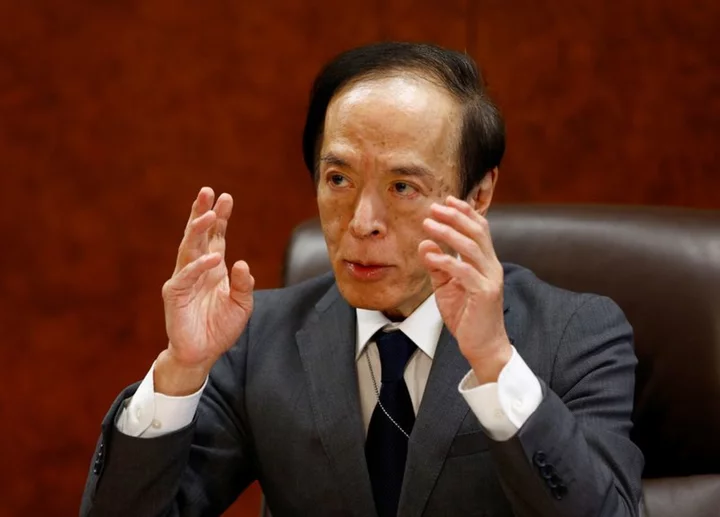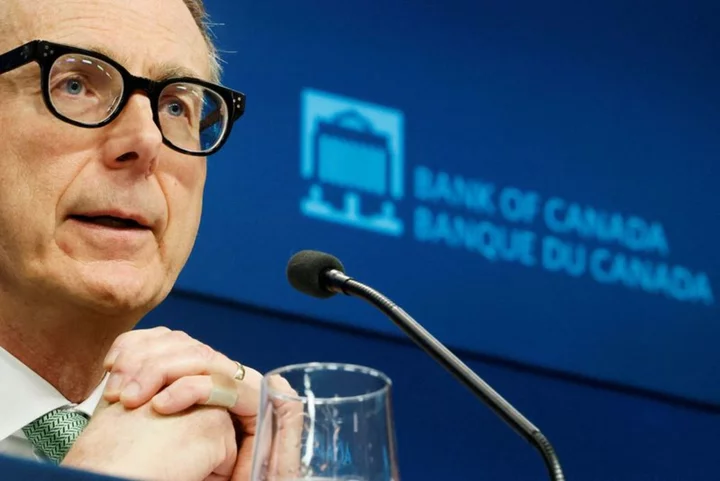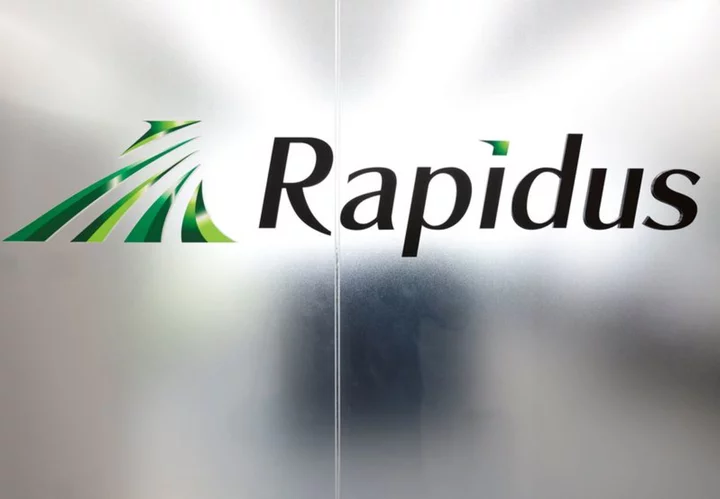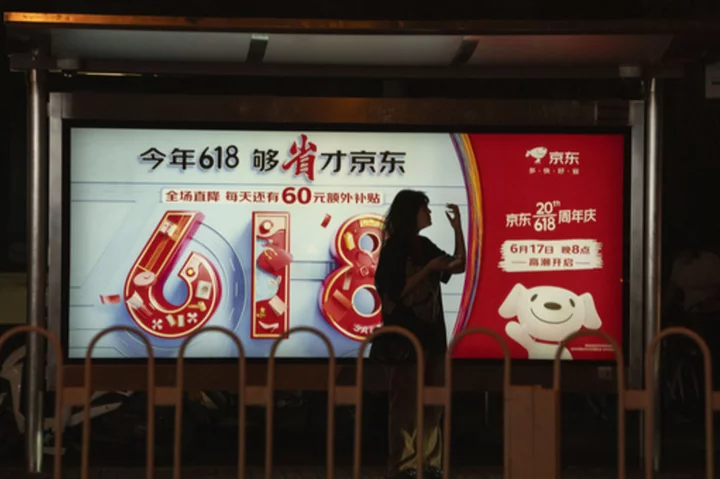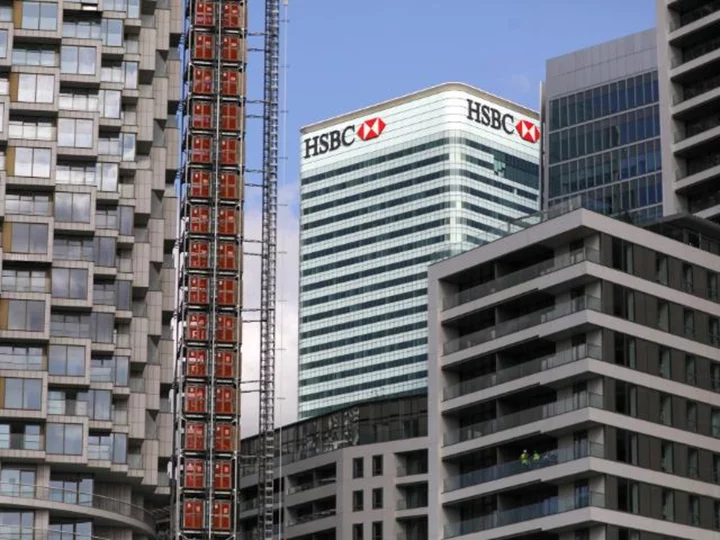By Leika Kihara
TOKYO As aggressive U.S. interest rate hikes look like they might be nearing an end, Japan's central bank faces its own tricky decision this week over whether it should take another step towards phasing out its controversial yield control programme.
While inflation has held above the Bank of Japan's 2% target for more than a year, Governor Kazuo Ueda has vowed to keep ultra-loose policy until he is more convinced the economy can weather global headwinds and allow firms to keep hiking wages next year.
At the two-day meeting ending on Friday, the BOJ is expected to maintain its yield curve control (YCC) targets at -0.1% for short-term interest rates and 0% for the 10-year bond yield.
But the board may debate making minor tweaks to the policy, such as widening the allowance band set around the 10-year yield target, if it feels the cost of YCC is beginning to outweigh the benefits, say sources familiar with its thinking.
"The decision will depend on the balance between the benefits and cost," one of the sources said, a view echoed by another source. "The key is to ensure YCC is sustainable."
To mitigate the demerits of YCC, the BOJ widened the band set around the yield target last December and now allows the 10-year yield to rise by up to 0.5%, taking pressure off the bank to gobble up huge sums of bonds to defend the ceiling.
With the BOJ set to keep short-term rates negative, a tweak to the yield cap or allowance band is unlikely to trigger a spike in borrowing costs that would severely hurt the economy.
Haunted by a history of prolonging deflation with premature monetary tightening, however, many BOJ policymakers are wary of pulling the trigger too soon, which could end nascent signs of change in corporate price and wage-setting behaviour.
There is no consensus within the board on how soon the BOJ should dial back stimulus. While one member called for an early tweak to YCC, others stressed the need to patiently maintain stimulus, according to minutes of recent policy meetings.
The BOJ may not afford to wait too long. Market liquidity remains thin due to the BOJ's heavy bond buying. Yen declines, driven by ultra-low Japanese rates, have pushed up import costs.
Some analysts also warn of the danger of keeping YCC, which stimulates the economy more when inflation accelerates by reducing the inflation-adjusted, real cost of borrowing.
Pressure is building on the BOJ to act against creeping inflation. The International Monetary Fund on Tuesday urged the BOJ to start preparing for a future tightening.
Japan's top financial diplomat last week suggested the BOJ may tweak its approach to monetary stimulus at the upcoming meeting due to "signs of change" in corporate behaviour.
Former BOJ board member Takahide Kiuchi expects the central bank to eventually modify YCC, but stand pat on Friday.
"Inflation will hold the key to when the BOJ will move to a full-fledged policy normalisation. As for tweaks to YCC, the market environment is crucial," he said.
"I don't think the BOJ sees an imminent need to act, as markets aren't attacking its yield cap this time."
(Reporting by Leika Kihara; Additional reporting by Takahiko Wada, Tetsushi Kajimoto, Takaya Yamaguchi, Yoshifumi Takemoto and Kentaro Sugiyama. Editing by Sam Holmes.)

